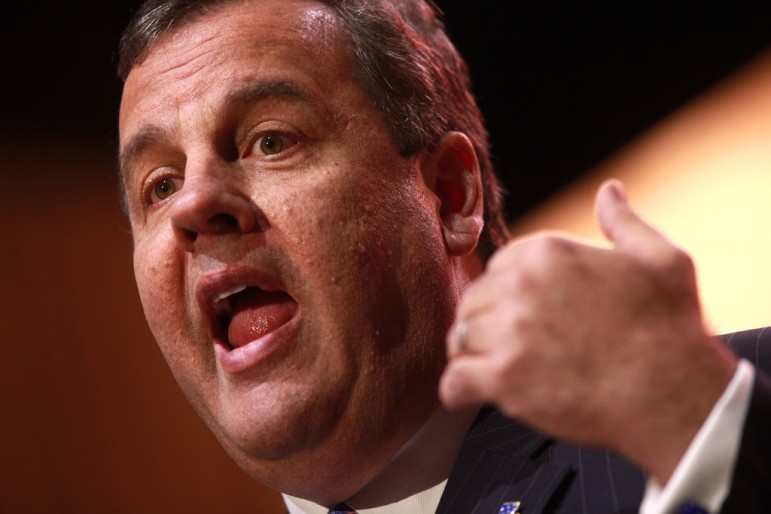
March 18, 2016; NJ.com
As NPQ readers know, ever since a judge found that the majority of the nonprofit Morristown Medical Center was being used for for-profit purposes and was, therefore, subject to property taxes, nonprofit hospitals have been playing defense through the New Jersey Hospital Association, trying to get legislation passed before other municipalities were able to get suits filed against the nonprofit hospitals in their own localities. The legislation, which was filed in the last session, would have standardized a rate of payment to municipalities based on number of beds, among other things. That legislation was finally pocket vetoed by N.J. Governor Chris Christie, opening up time for municipalities to pursue judgments on a case-by-case basis. There is a potentially bigger payday in that direction, since the precedent-setting case in Morristown was eventually settled for $15.5 million.
Now, Gov. Christie has said he will push for a two-year “freeze” on all litigation related to tax exemptions against the state’s nonprofit hospitals from all municipalities until a commission can be convened. The proposed nine-member commission is intended to examine the applicability and appropriateness of the 70-year-old statute on tax-exempt institutions and how nonprofit hospitals operate, and recommend legislation.
“By passing this statute, it tells the courts they are not permitted to move ahead and no litigation could be filed until 2018,” Christie said.
Legislative support for the measure appears to be mixed. Some in New Jersey government are irritated that the last bill, which Christie said was too “rushed,” did not succeed. Senate President Stephen Sweeney (D-Gloucester) said, “I continue to believe that the governor should have enacted the legislation the legislature sent him that would have nonprofits make community payments to their host municipalities to compensate them for the blanket tax exemptions on their properties. It was a fair and reasonable plan to have hospitals that are engaged in profitable practices pay their fair share for municipal services.”
Sign up for our free newsletters
Subscribe to NPQ's newsletters to have our top stories delivered directly to your inbox.
By signing up, you agree to our privacy policy and terms of use, and to receive messages from NPQ and our partners.
Assembly Speaker Vincent Prieto (D-Hudson) added, “We need to resolve this issue now, not in two years. The Assembly will continue working with all parties on an immediate solution. Municipalities, hospitals and taxpayers deserve clarity sooner rather than later.”
But Sen. Robert Singer (R-Ocean), who sponsored the last bill, approved. “This agreement will afford us the time we need to conduct a proper review of the tax exemption law to find a solution that is fair to host municipalities without crippling the hospitals that serve them,” he said.
The tax appeals that will be affected by this decision will be:
- New Brunswick vs. Robert Wood Johnson University Hospital
- Freehold vs. Centrastate Medical Center
- Summit vs. Overlook Hospital
- Belleville vs. Clara Maass Medical Center
- Raritan Township vs. Hunterdon Medical Center
- Long Branch vs. Monmouth Medical Center
- Rahway vs. Robert Wood Johnson University Hospital
- Newark vs. Newark Beth Israel Medical Center
- Livingston vs. St. Barnabas Medical Center
- Long Branch vs. Monmouth Medical Center
- Pequannock vs. Medical Center
- Red Bank vs. Riverview Medical Center
- Holmdel vs. Bayshore Community Hospital
- West Orange vs. Barnabas Health
- North Bergen vs. Palisades Medical Center
Kevin Slavin, president and CEO at St. Joseph’s Regional Medical Center, spoke on behalf of the New Jersey Hospital Association, saying, “Taxing not-for-profit hospitals has created a great deal of uncertainty and stress…We exist to care for our communities, quite frankly. It’s created a lot of adversarial situations. We would rather be working together.”—Ruth McCambridge













